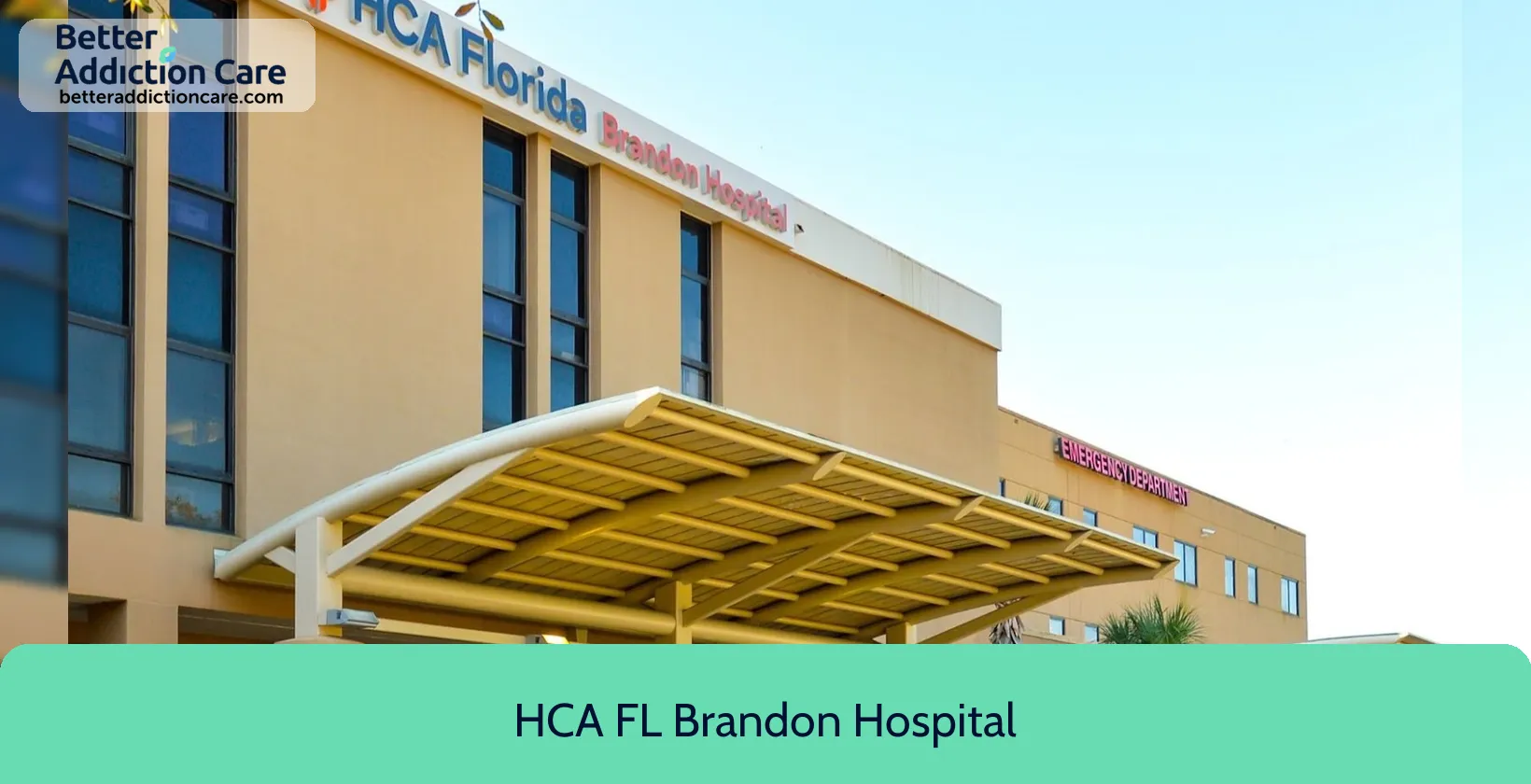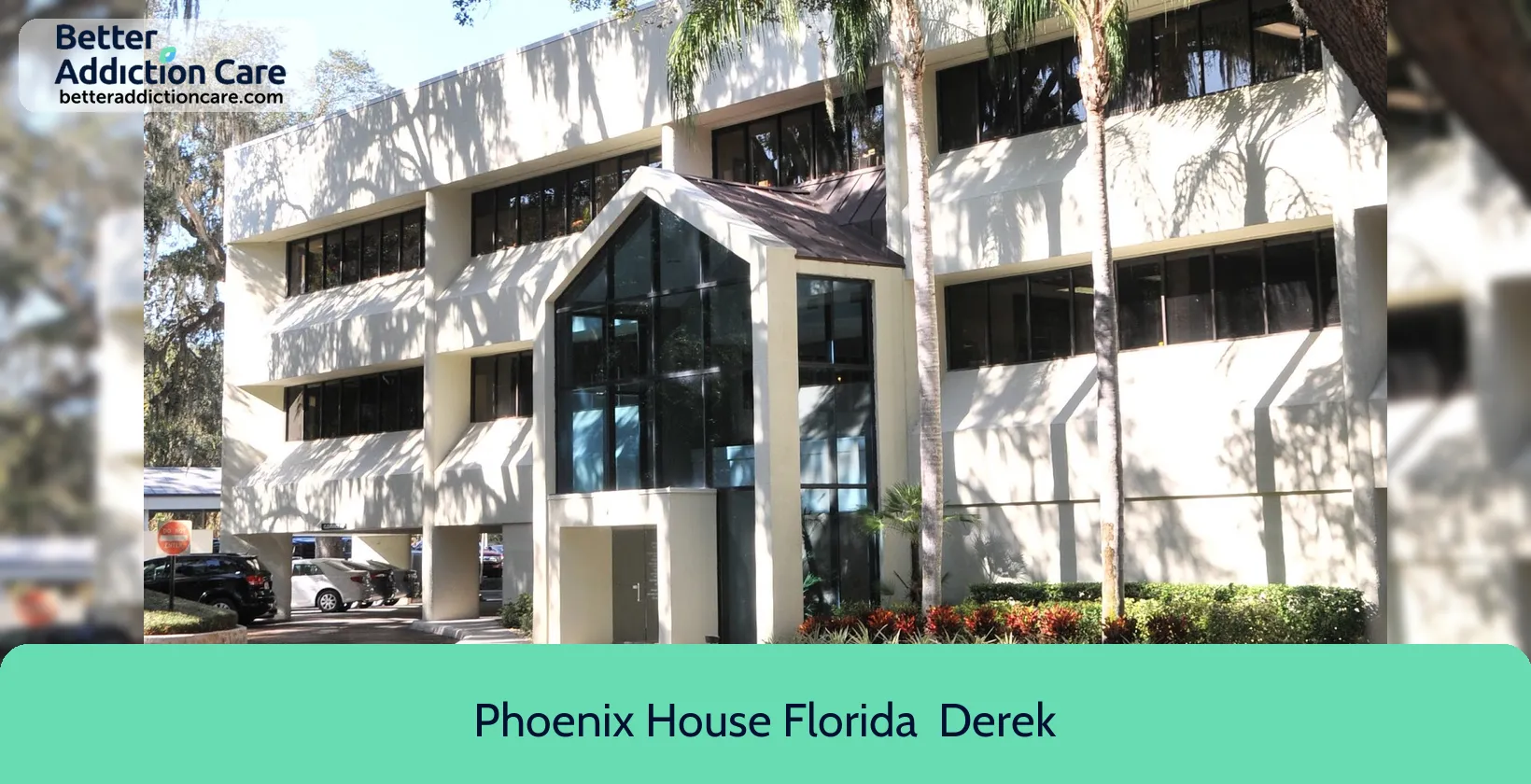Phoenix House Florida - Derek Jeter Center
Overview
At its location in Brandon, Florida, Phoenix House Florida provides adults and adolescents with co-occurring illnesses and addiction with specialized recovery treatments. A diverse team of addiction specialists provides clients with individualized, compassionate care via a blend of regular and intensive outpatient therapy. These experts provide special attention to each patient's requirements and strengths, creating individualized treatment regimens that emphasize long-term healing and general wellbeing.
Clients are immediately assessed upon admission to the program in order to ascertain the best degree of treatment. The goal of the therapy strategy is to promote healthy lifestyle choices and improve coping mechanisms. Phoenix House provides a wide variety of services, such as life skills training, health education, individual counseling, and behavioral therapy. For patients who may need more care than what outpatient therapy can provide, the institution also offers drug testing and referrals to residential treatment.
Phoenix House is unique in that they prioritize family reunification. They provide services intended to heal not only the individual but also the family as a whole because they recognize the critical role that families play in the healing process. Family members get education on how to help the healing process while also learning self-care techniques. This produces a nurturing atmosphere that promotes long-term healing and improved family relationships.
Flexible treatment plans help clients reconcile their rehabilitation with regular responsibilities like job and education. This guarantees that they may continue receiving therapy without having to sacrifice their regular obligations.
Phoenix House Florida provides a Medication-Assisted Treatment (MAT) program for those who are addicted to opioids. This treatment offers a thorough "whole-patient" approach to rehabilitation by combining FDA-approved drugs with behavioral therapy and counseling. The Mental and Behavioral Treatment (MAT) approach helps maximize recovery success by treating the psychological and physical elements of addiction.
Phoenix House has outpatient treatment centers as well as facilities in Citra, Tampa, and Brandon that provide a range of treatments to those with co-occurring mental health conditions. In addition to treatment, patients get ongoing care services and engage in healthful leisure activities that help them lead productive, satisfying lives after program completion.
Phoenix House Florida is dedicated to provide the best possible treatment in a respectful, professional manner, fostering an atmosphere where people may feel supported as they work toward recovery.
The Commission on Accreditation of Rehabilitation Facilities (CARF) has recognized Phoenix House Florida, indicating that the institution satisfies the highest requirements for providing high-quality treatment.
Phoenix House Florida - Derek Jeter Center at a Glance
Payment Options
- Cash or self-payment
- Medicaid
- State-financed health insurance plan other than Medicaid
- Private health insurance
- Federal, or any government funding for substance use treatment programs
Assessments
- Screening for tobacco use
- Comprehensive substance use assessment
- Screening for mental disorders
- Screening for substance use
- Comprehensive mental health assessment
Age Groups
- Adolescents
- Children/adolescents
- Adults
- Young adults
Ancillary Services
- Integrated primary care services
- Suicide prevention services
- Mental health services
- Social skills development
Highlights About Phoenix House Florida - Derek Jeter Center
7.49/10
With an overall rating of 7.49/10, this facility has following balanced range of services. Alcohol Rehabilitation: 8.00/10, Drug Rehab and Detox: 8.15/10, Insurance and Payments: 6.00/10, Treatment Options: 7.82/10.-
Drug Rehab and Detox 8.15
-
Alcohol Rehabilitation 8.00
-
Treatment Options 7.82
-
Insurance and Payments 6.00
Accreditations
State department of health:

State Licenses, issued by government agencies, authorize rehabilitation organizations to legally operate within designated geographical areas. The specific licenses required for operation are typically determined by both the nature of the rehabilitation program provided by the facility and its physical location.
Commission on Accreditation of Rehabilitation Facilities (CARF):

CARF accreditation is a globally recognized certification for rehabilitation and human service organizations. It signifies that an organization meets high-quality standards and is committed to providing top-level care. Achieving CARF accreditation involves a rigorous evaluation process, including on-site surveys. This accreditation enhances an organization's reputation, instills trust in clients and funders, and encourages ongoing excellence in the field.
Treatment At Phoenix House Florida - Derek Jeter Center
Treatment Conditions
- Alcoholism
- Mental health treatment
- Substance use treatment
- Co-occurring Disorders
- Opioid Treatement
Care Levels
- Outpatient
- Outpatient methadone/buprenorphine or naltrexone treatment
- Intensive outpatient treatment
- Regular outpatient treatment
- Aftercare
Treatment Modalities
- Cognitive behavioral therapy
- Substance use disorder counseling
- Trauma-related counseling
- Smoking/vaping/tobacco cessation counseling
- Group counseling
Ancillary Services
Languages
- Sign language services for the deaf and hard of hearing
Additional Services
- Pharmacotherapies administered during treatment
- Discharge Planning
- Breathalyzer or blood alcohol testing
Special Programs
- Clients with co-occurring mental and substance use disorders
- Criminal justice (other than DUI/DWI)/Forensic clients
- Clients who have experienced trauma
Get Help Now
Common Questions About Phoenix House Florida - Derek Jeter Center
Contact Information
Other Facilities in Brandon

6.80

6.74
DISCLAIMER: The facility name, logo and brand are the property and registered trademarks of HCA FL Brandon Hospital, and are being used for identification and informational purposes only. Use of these names, logos and brands shall not imply endorsement. BetterAddictionCare.com is not affiliated with or sponsored by HCA FL Brandon Hospital.

